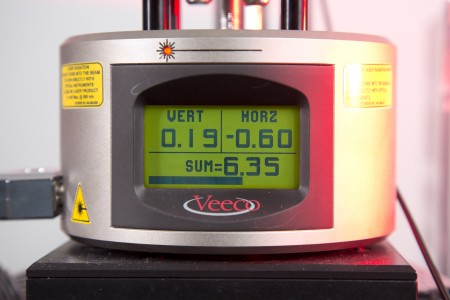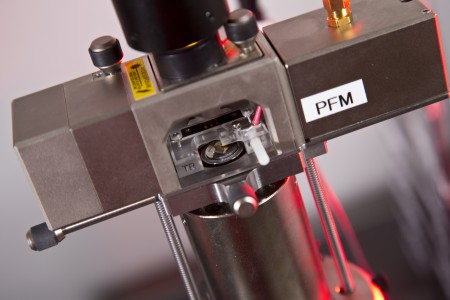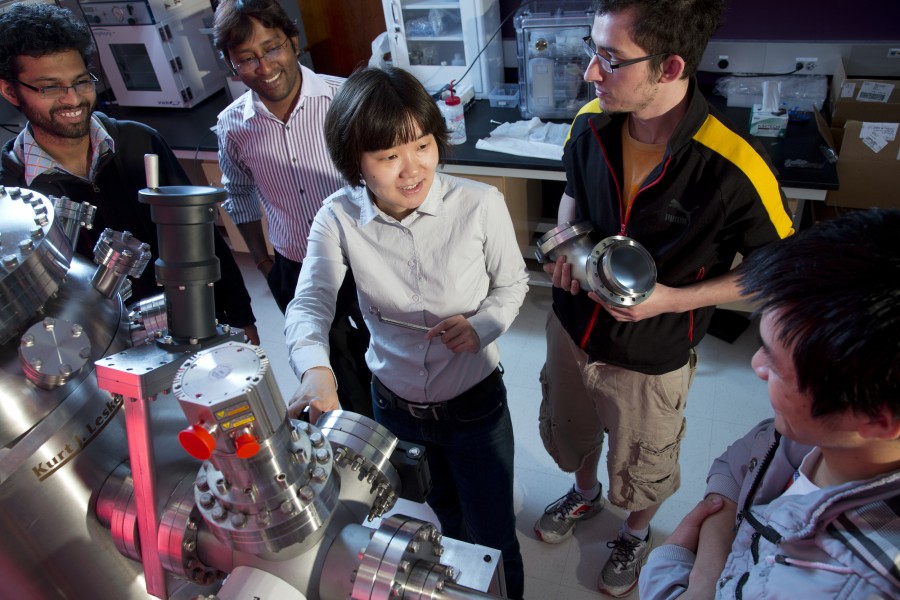A key to making computers and other electronics smaller, faster and less expensive lies in overcoming the limitations of existing materials. UNL physicist Xia Hong’s research into nanoscale materials may one day help break through current barriers.
For decades, scientists have been squeezing more power out of today’s silicon-based electronics, which are approaching the material’s fundamental limits. To continue advancing, researchers are exploring materials that exhibit unusual physical, chemical or biological properties at the nanoscale and fabricating new nanomaterials with multifunctional properties.
Hong is combining two oxides to create a nanomaterial with both magnetic and ferroelectric properties. Ferroelectric materials have positive and negative polarization directions. Applying electricity can reverse the polarization and control magnetism. Storing data with an electric charge alone or using electricity to manipulate magnetic signals would be more energy efficient and allow greater storage capacity in a smaller space.
Hong predicts it will take one to two years to fabricate the new nanostructure. She’ll then study the material’s characteristics. Her research promises to advance the understanding of magnetoelectric coupling and could lead to novel materials and devices. Hong, a member of UNL’s Materials Research Science and Engineering Center, earned a prestigious $600,000, five-year National Science Foundation CAREER program award for this research.
The expertise of other MRSEC faculty and the center’s focus on nanoscale magnetism and magnetoelectric interfaces aid her research, Hong said. “My research is very complementary to the existing efforts here. There is a lot of collaboration.”
The award also allows her to make physics accessible to young people, particularly girls, by using her drawing skills to develop educational cartoons.
“Many people think physics is very difficult,” Hong said. “I thought it was a good idea to use a teenage girl’s point of view to illustrate physics principles … to make physics more likable.”
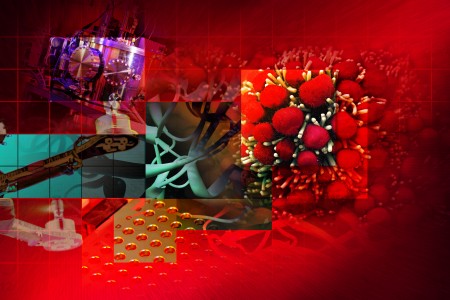
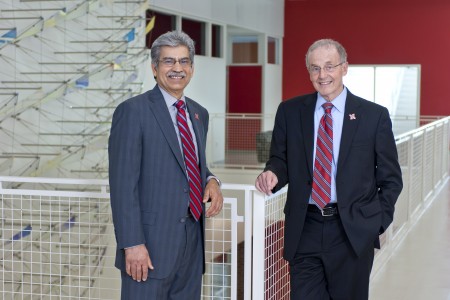
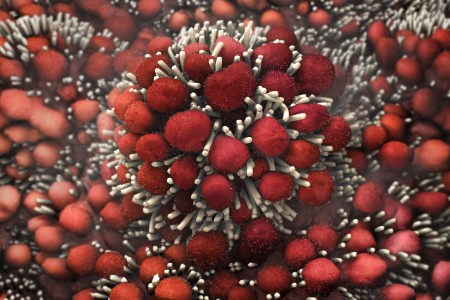
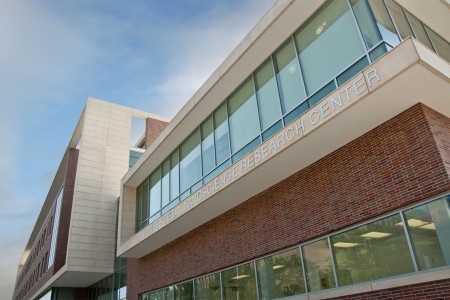
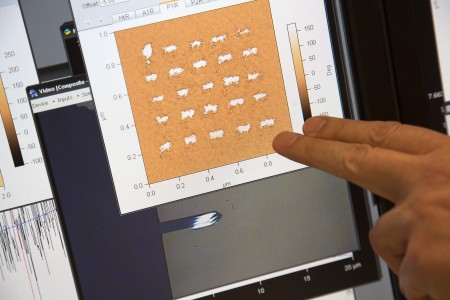
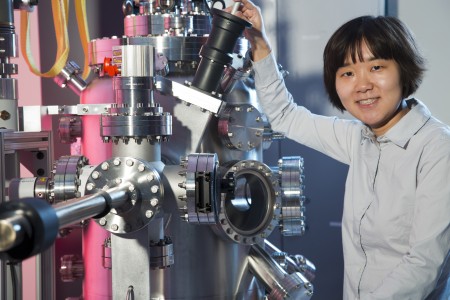




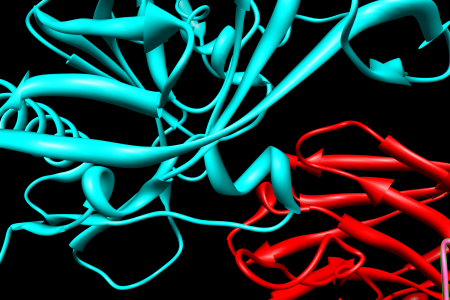
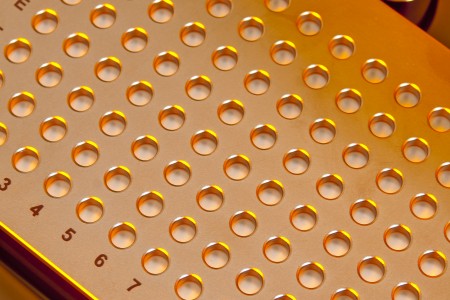
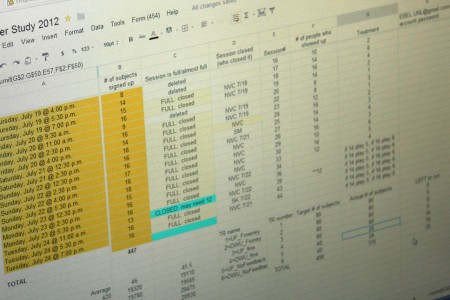
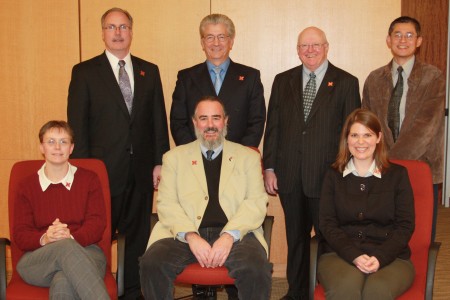



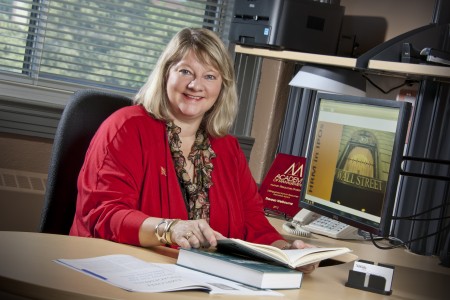
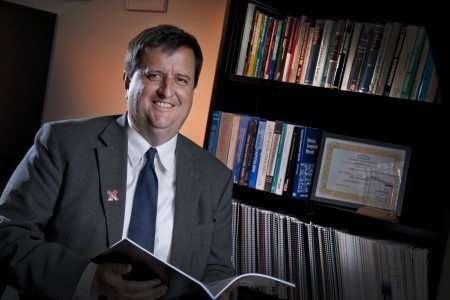






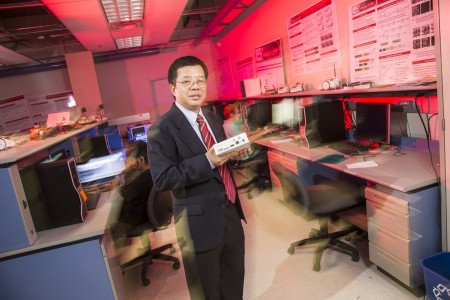

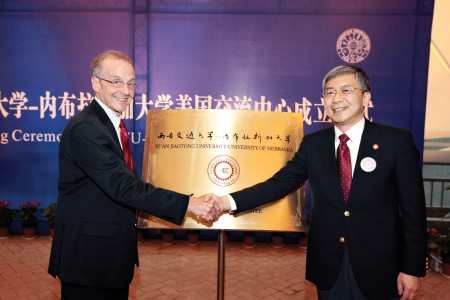

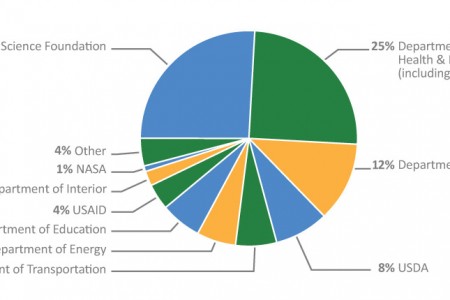

 2011-2012 Research Report
2011-2012 Research Report



